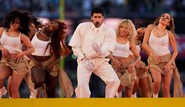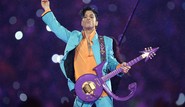Townhall: Breaking Conservative News and Opinion
Members Only
Trending on Townhall Media
Advertisement
Advertisement
Advertisement
Advertisement
Advertisement
Advertisement
































































